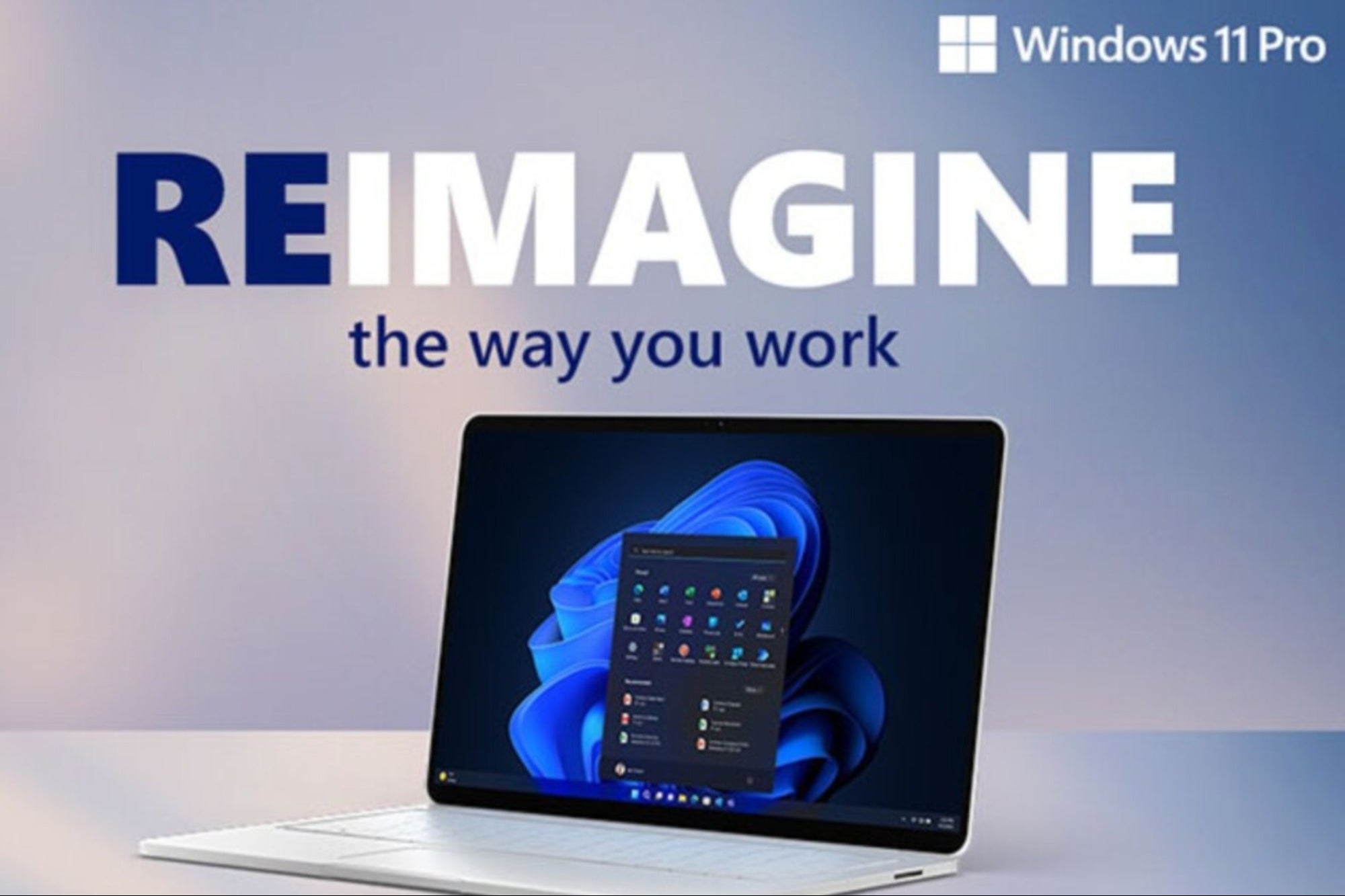The 3 Principle Sources of Funding Every Startup Needs For many founders, raising money is the single most stressful part of getting their startups off the ground. Here's how to fix that.
By Josiah Humphrey Edited by Dan Bova
Opinions expressed by BIZ Experiences contributors are their own.
For many founders, raising money is the single most stressful part of getting their startups off the ground.
After all, a multi-billion dollar idea doesn't become a multi-billion dollar company without the funds needed to purchase capital, hire staff and capture the attention of prospective customers.
For many founders, this means taking an investment from a venture capital firm in exchange for a stake in the company. With the media trumpeting a seemingly endless number of new funding rounds across the startup landscape, it's no wonder that the single biggest question I get from first-time BIZ Experiencess is, "How do I find a venture capital firm to invest in us?"
And yet, despite the many venture-backed successes we've seen these past few years, the truth is that fewer than one in 10 startups are able to get a VC firm onboard.
The good news is that venture capital is just one of a number of ways founders can get the cash they need to bring their visions to fruition.
Here are the three main categories of funding every BIZ Experiences should be familiar with before they try their hand at launching a company.
Related: Navdy, the 'Google Glass for Your Car,' Raises $20 Million
Bootstrapping
Believe it or not, it's entirely possible to build a company without taking outside money -- and in some cases, it's the best option.
Bootstrapping typically entails building a company from some combination of personal savings and borrowed money from friends and family.
While this might sound like a dicey proposition, smart founders are able to get the most bang for their buck by launching their companies in countries like Vietnam or Chile, where the cost of living is relatively low, and by applying for government grants to tide them over until the revenues start rolling in.
In recent years, bootstrapping has been made more attractive by crowdfunding platforms like Kickstarter and Indiegogo, which allow members of the public to give cash donations in exchange for early access to a company's product or other perks. This tool allows founders to gain access to capital without giving up potentially valuable equity, and helps them get a gauge of consumer demand prior to launch.
Equity funding
If bootstrapping isn't a possibly, founders might do well to trade a stake in their company for a capital infusion. While venture capital firms are best for startups who need lots of cash and intend to grow extremely quickly, there are plenty of other equity options for founders with different business strategies.
For starters, new founders may want to try getting their company into an accelerator, a two- or three-month program designed to help startups work through the early stages of their development and find potential investors at the program's conclusion.
Related: 6 Tips for Overcoming a 'No' When Seeking Funding
Accelerators have launched success stories like Dropbox and Airbnb, whose founders received a small amount of funding and valuable mentorship from experienced BIZ Experiencess in exchange for somewhere between a 7% and 10% stake in their companies.
Startup founders can find a similar combination of funding and mentorship by seeking out angel investors, a group of rich individuals -- often former BIZ Experiencess themselves -- who make small investments in new companies. Founders looking for somewhere to start can try searching for angels at networking events or on the website AngelList.
On the other end of the spectrum, startups also sometimes receive what are called "strategic investments" from larger, more established companies looking for an edge over their competitors. For instance, Microsoft made a $15 million investment in Foursquare last year in a deal that allowed it to start using the company's check-in data.
Debt funding
It's not always a good idea for a young startup to go into the red early in its lifespan, so debt funding is best thought of as something of a last resort. However, in certain situations where a small amount of money is needed very quickly, it might make sense for a company to take out a regular, old loan and spare itself the hassle of finding an investor.
In these cases, I'd advise founders to research whether their businesses are eligible for government-backed loans, which usually have favorable interest rates and flexible repayment schedules.
As you can see, there is no shortage of ways founders can get access to the capital they need to make their businesses successful, even if they can't find a VC firm to commit to them.
And regardless of which route a new founder ultimately chooses to go down, it is crucial that he or she takes the time to carefully consider the startup's goals and how its funding strategy will help it achieve them.
Related: 6 Tips to Smash Your Kickstarter Goal in a Single Day











